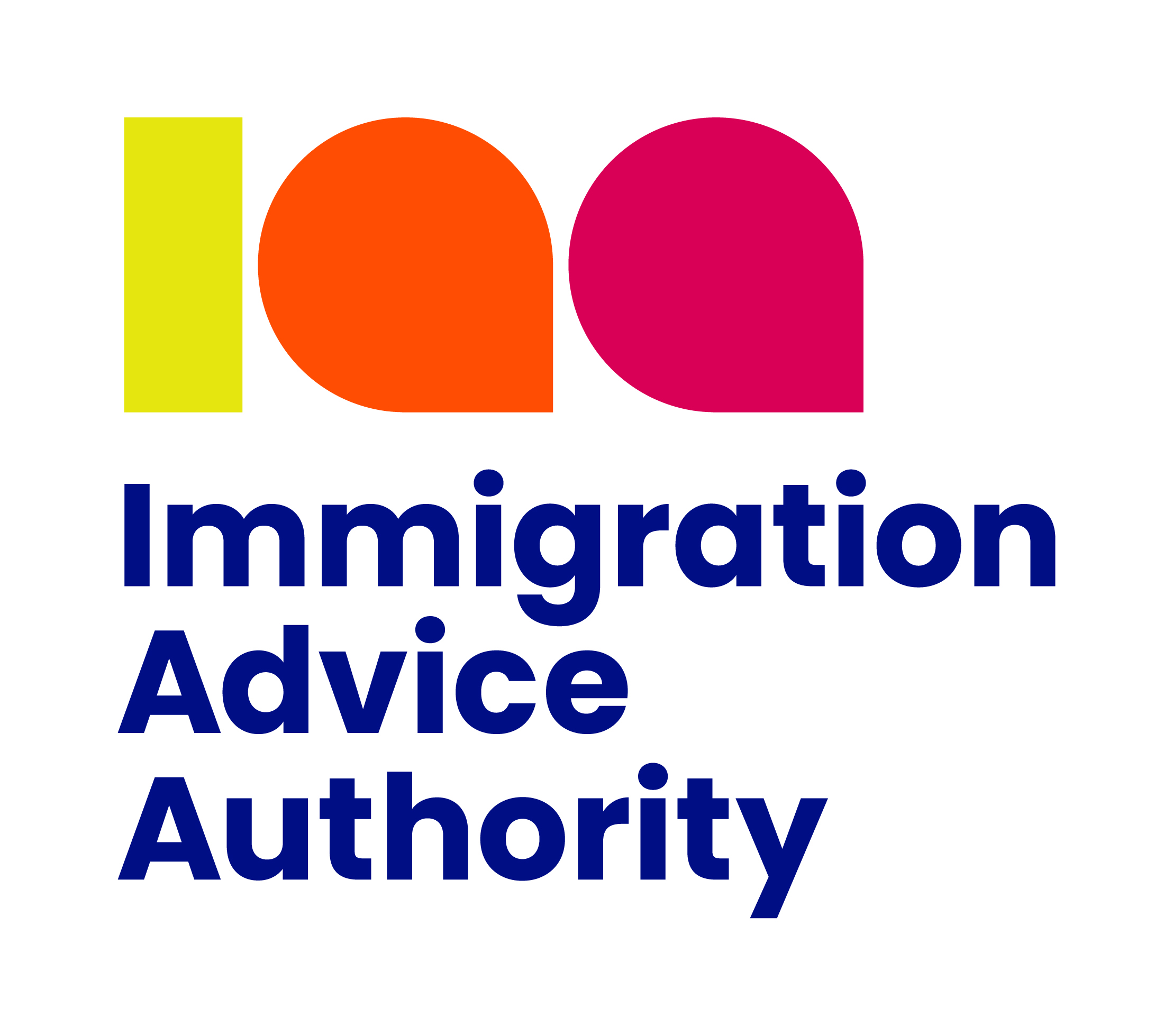Practice note on invoicing customers (accessible version)
Updated 21 May 2025
1. Communication
The key to a successful client-adviser relationship is being able to earn the trust and confidence of your client. It is therefore important that you discuss the fees for the immigration advice and services to be provided on their behalf, at the outset. This allows the adviser to manage their client’s expectations and allows for the client to budget for fee payments.
The initial consultation is an ideal opportunity in which payment details can be discussed and agreed and should occur before formal instructions are taken and any immigration work commences. It is a good idea to discuss with the client the best method in which they will be able to pay for the services incurred. This could be for example, paying fees in instalments, paying on delivery of the completion of immigration advice and services or paying the total fees to be incurred into a client account in advance of the work being completed. This method allows for authorised advisers to avoid the possibility of late payment. However, it is important that advisers keep a distinct record of each individual payment received by the client. Such records should be easily accessible for inspection by the Commissioner.
The Commissioner requires all authorised advisers to confirm in writing the fees to be incurred and the payment terms for services provided.
It is important that authorised advisers do not alter the payment terms part way through work being carried out, unless the client has been made aware of the changes and has expressly agreed to the changes to the fees incurred, including payment terms.
2. Invoicing customers
It is important to ensure that when a registered organisation requires the payment of fees from a client, it raises an invoice immediately after the agreed immigration advice and services have been provided. This is essential in ensuring a healthy cashflow for the business.
When raising an invoice for the client, it is a good idea to include an invoice number or other reference number that can be quoted by the client/payer and to specify clearly both the payment due date and the method of payment. This will assist the registered organisation to ensure that outstanding fees are paid promptly. In addition, it may also wish to consider sending a courteous reminder e-mail three or four days before the invoice is due to be paid.
Fees should only be paid into a business account if the work has been completed, otherwise they should be paid into a client account and therefore invoices should also include the registered organisation’s business or client account bank details including sort code and account number.
Where fees are paid by the client in cash, a receipt should be issued as evidence of payment received and the cash should be deposited into the registered organisation’s business account or client account as appropriate, without delay.
It is advisable for registered organisations to consider having in place a strategy for dealing with clients who request longer time periods to pay outstanding fees. In addition, it is best practice to have in place a system for resolving disputed invoices promptly. This will reduce the likelihood of registered organisations incurring ‘bad debt’ and has the potential to turn dissatisfaction into a satisfactory outcome for both parties involved.
Registered organisations should ensure that disputed invoices are logged with the details of the dispute, so that any instances of accounting errors can be quickly identified and rectified, ensuring that a repeat instance does not occur.
All registered organisations have a duty to ensure that invoices raised for immigration advice and services are fully compliant with HMRC’s requirement for VAT (this only affects those organisations that are VAT registered). The Commissioner and HMRC require records to be retained for 6 years. Therefore, the use of electronic systems is a convenient method of retaining such information. However, the registered organisation will need to ensure that it engages in good practices such as regularly backing-up its accounts. All records should be available for inspection by the Commissioner.
3. Bill of costs
If the registered organisation is charging an hourly rate for immigration advice and services, it will need to issue the client with a ‘Bill of Costs’. This document itemises the work completed on an item by item basis for which the client is liable to pay. The registered organisation will need to ensure that it keeps an ongoing record of time spent on the case to justify the Bill of Costs. This document must accompany the invoice issued to the client.

